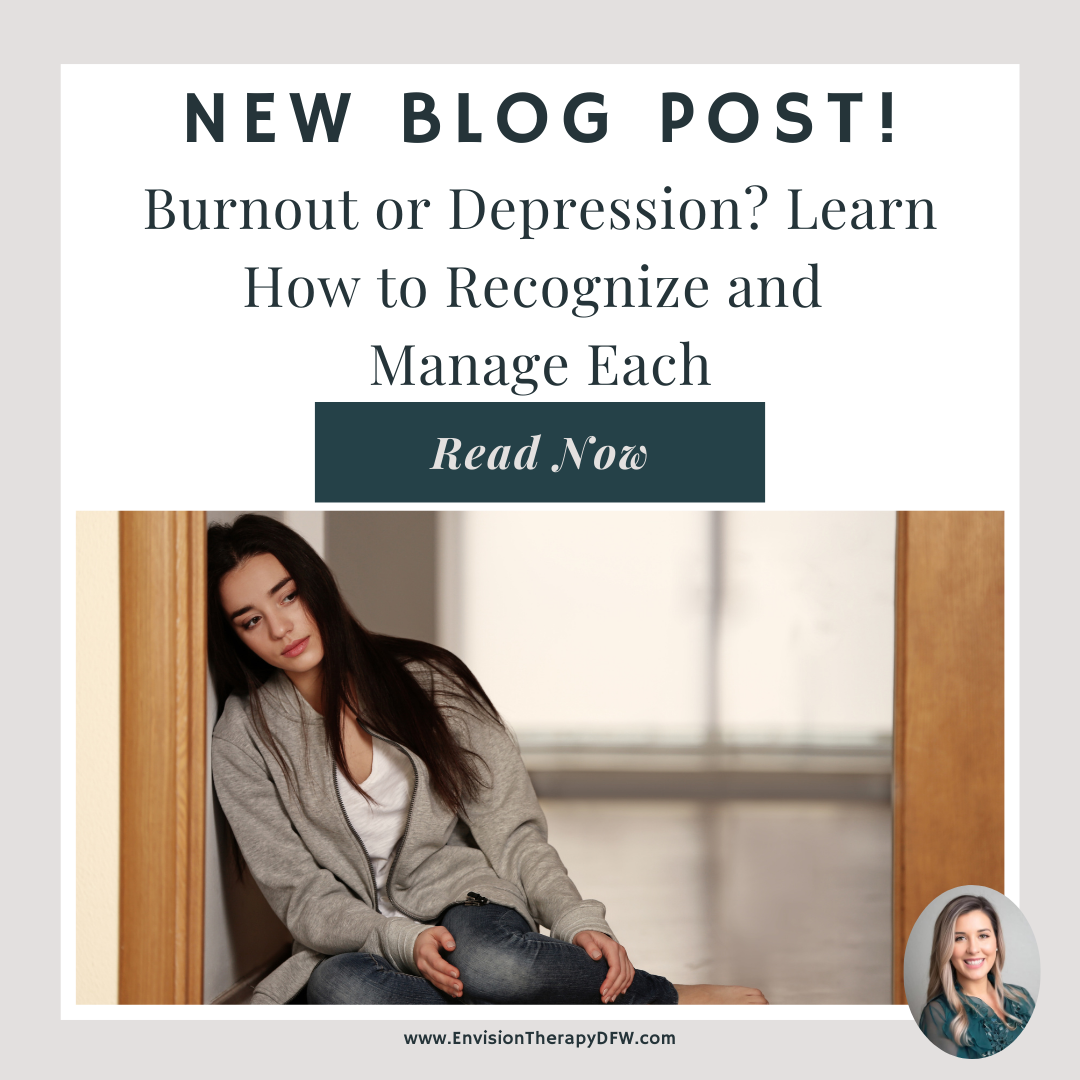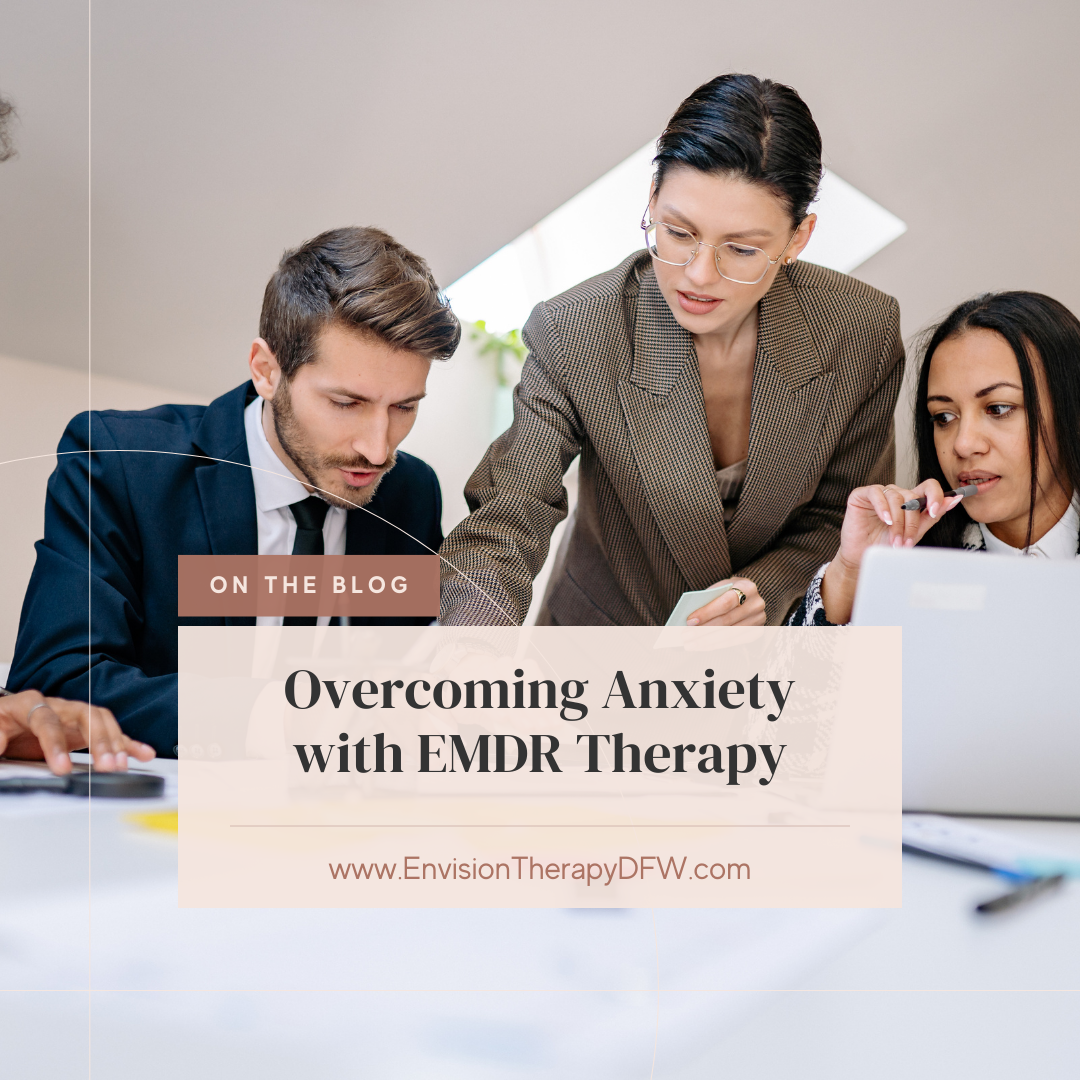-
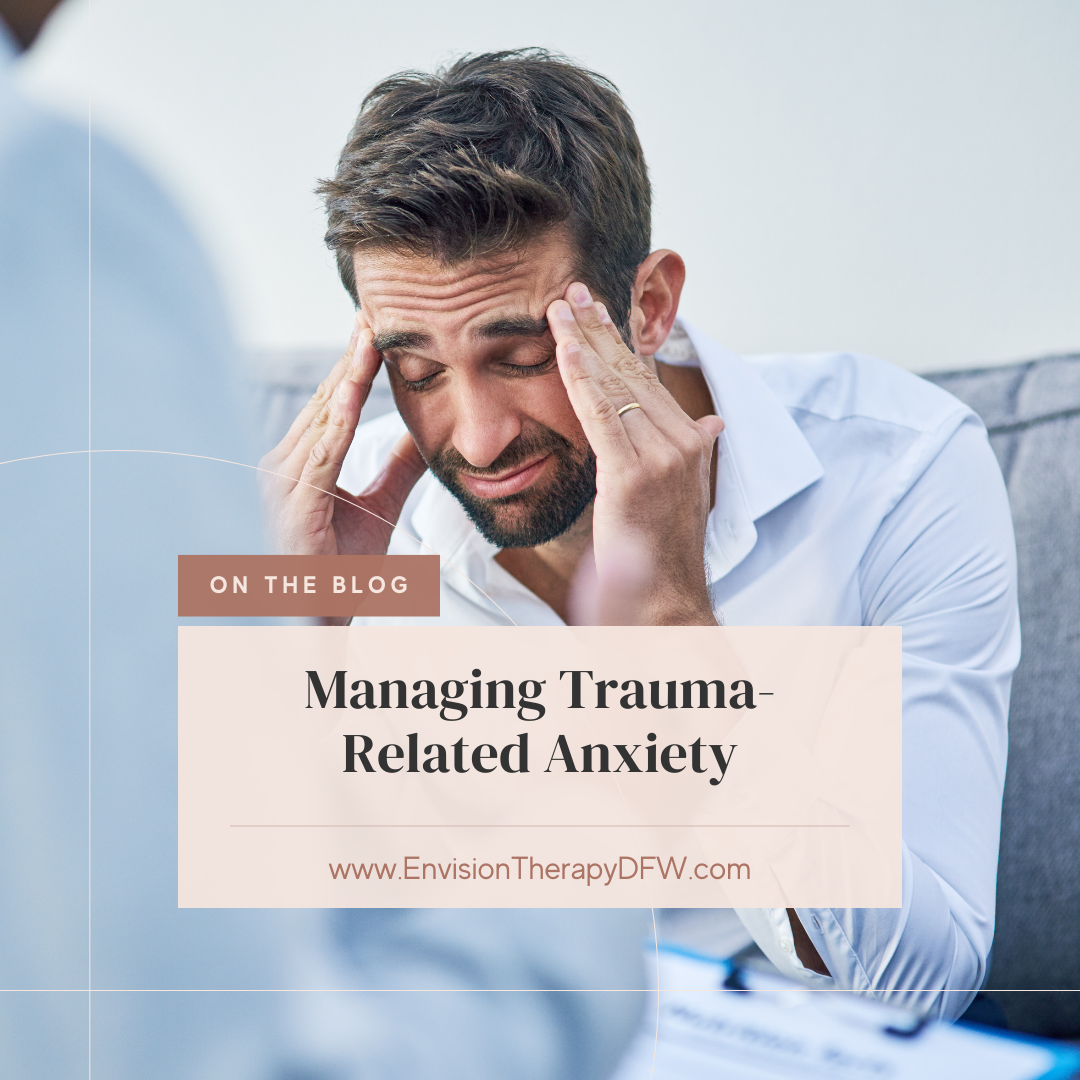
Managing Trauma-Related Anxiety
•
f you’re struggling with anxiety that stems from past trauma, this guide is designed for you. We explain trauma-related anxiety in clear, compassionate terms—showing how your brain’s natural stress response, rooted in past experiences, can keep you on high alert. You’ll learn practical strategies, such as grounding techniques, mindfulness practices, and cognitive tools, that…
-

How to Cope with Flashbacks
•
If flashbacks are interfering with your daily life, this guide is here to help. We explain how flashbacks are a natural, though disruptive, response to trauma, rooted in your brain’s survival mechanisms. Learn clear, practical strategies—such as grounding techniques, cognitive affirmations, and mindfulness practices—to help you regain control when memories overwhelm you. We also…
-
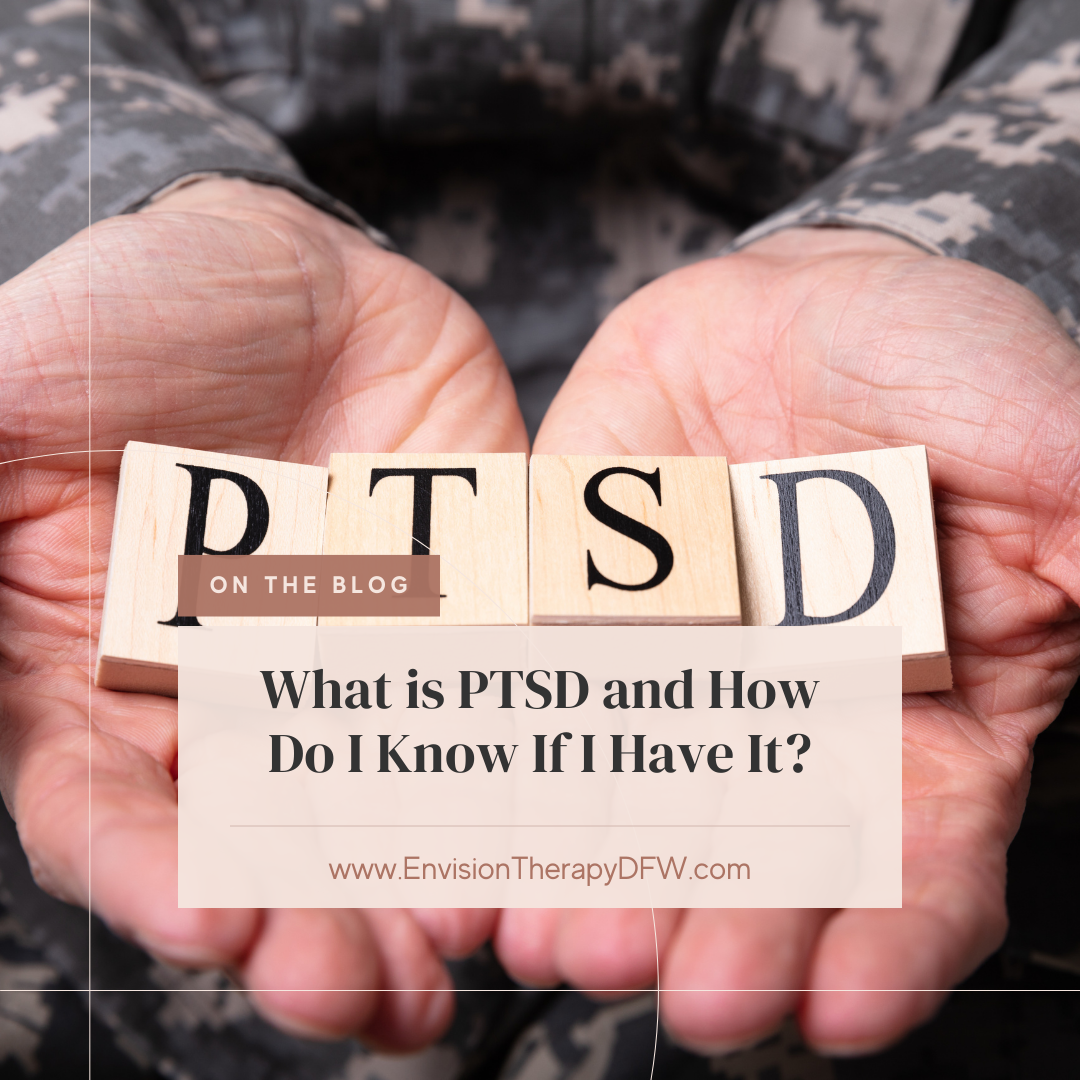
What is PTSD and How Do I Know If I Have It?
•
If you’re experiencing persistent flashbacks, anxiety, or unsettling memories that you suspect may be related to trauma, this guide is for you. In “What is PTSD?”, we break down the neurobiology behind your stress responses in straightforward terms and clear up common misconceptions that might be holding you back from seeking help. You’ll find…
-
How Trauma Impacts Extended Adolescence: Understanding the Connection and How to Heal
•
Unresolved trauma can significantly impact a young adult’s ability to transition into independence. It can cause emotional dysregulation, fear of failure, and avoidance of responsibility, all of which contribute to extended adolescence. In this article, we explore the hidden link between trauma and delayed adulthood. For parents, it offers practical advice on how to…
-
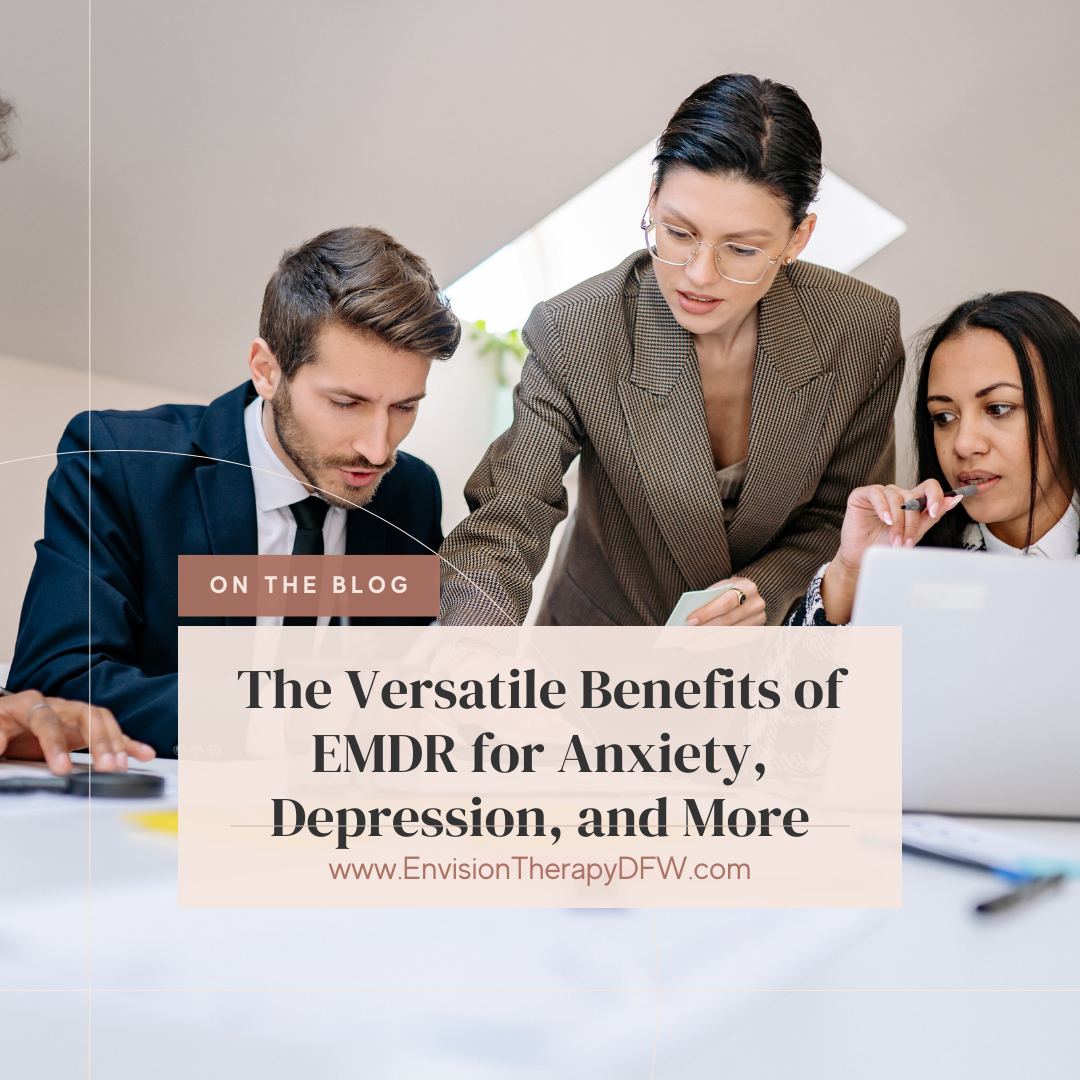
The Versatile Benefits of EMDR for Anxiety, Depression, and More
•
While Eye Movement Desensitization and Reprocessing (EMDR) is commonly associated with trauma recovery, its benefits extend far beyond. This versatile therapy can effectively address a range of psychological issues, including anxiety, depression, phobias, low self-esteem, performance anxiety, chronic pain, grief, substance abuse, and eating disorders. By facilitating the brain’s natural healing process, EMDR helps…
-
Coping Strategies for Adult Children of Narcissists
•
Growing up with a narcissistic parent can leave lasting emotional scars that impact adulthood. As adult children of narcissists, it’s common to struggle with self-esteem, boundary-setting, and relationship dynamics. However, there are effective coping strategies that can help navigate these challenges and foster healing. Let’s explore some practical techniques to empower adult children of…
-
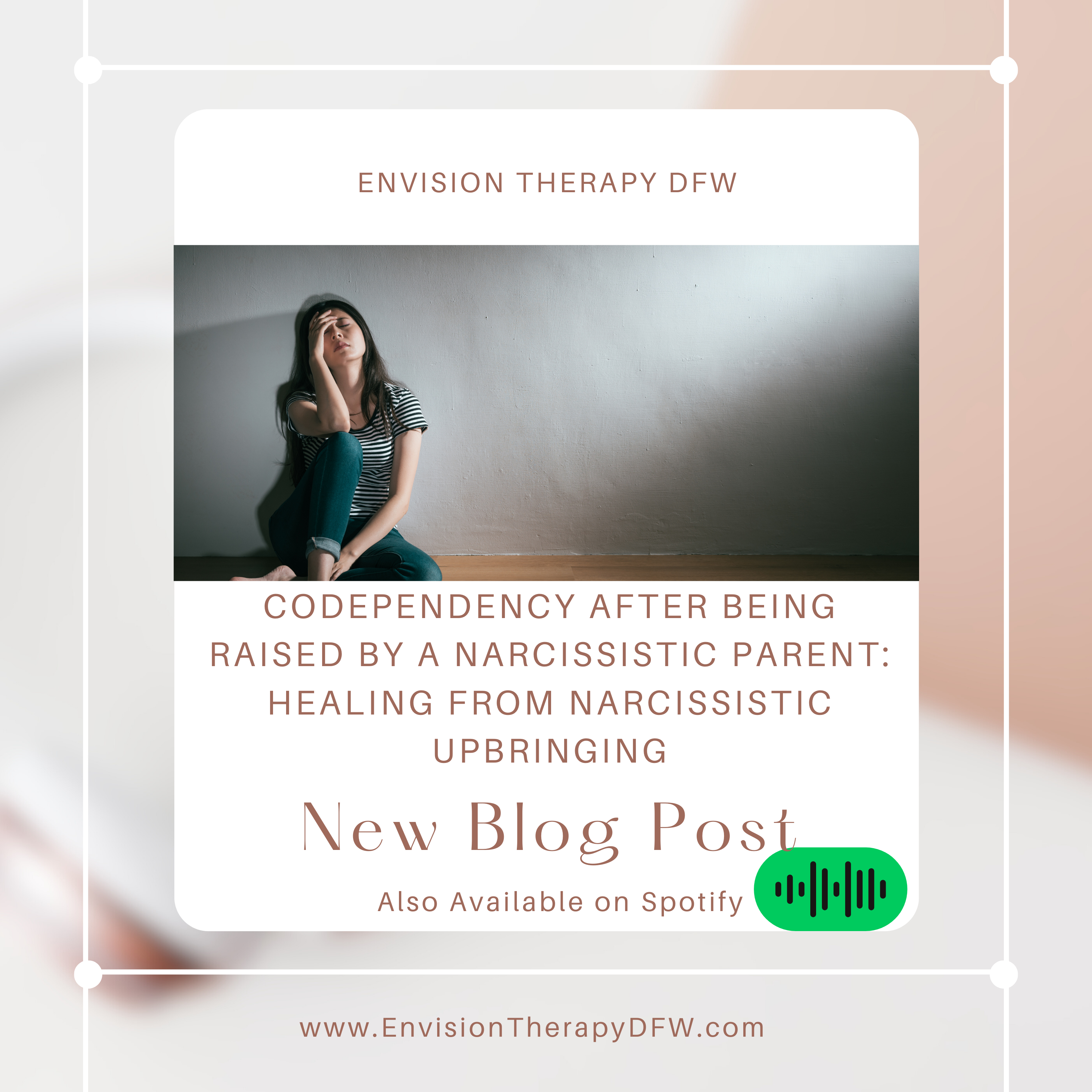
Codependency After Being Raised by a Narcissistic Parent: Healing from Narcissistic Upbringing
•
Growing up with a narcissistic parent can lead to complex emotional dynamics that manifest in adulthood as codependency. Learn how to recognize and address these patterns for healthier relationships and personal growth.

